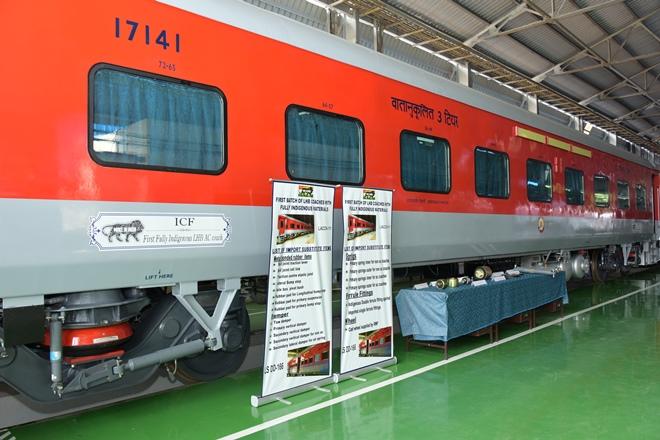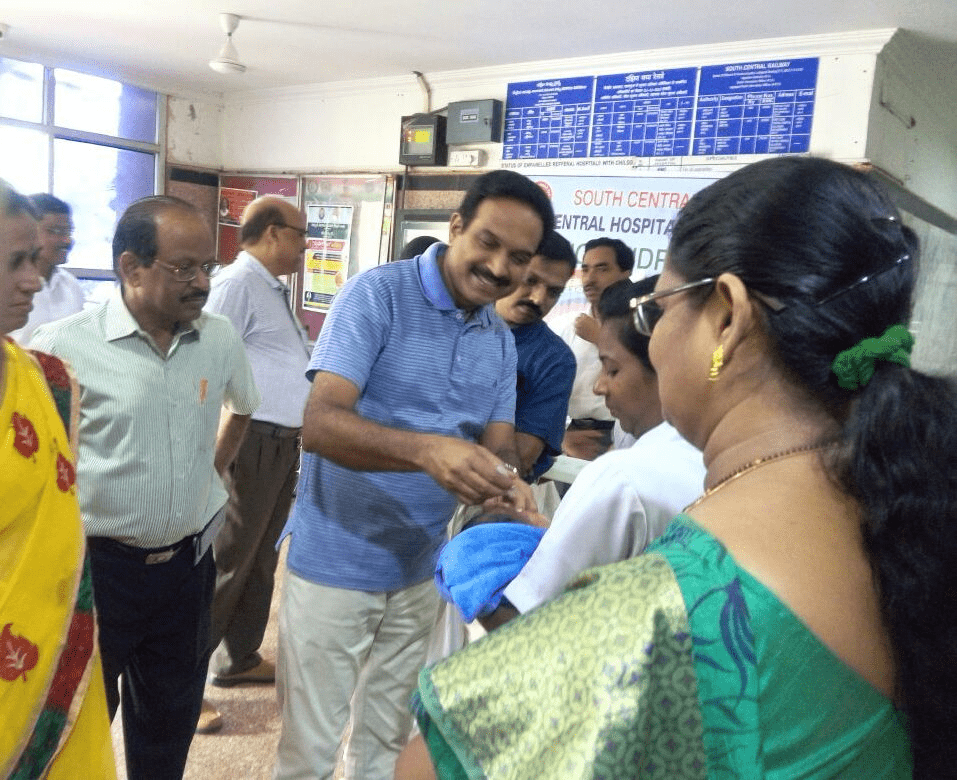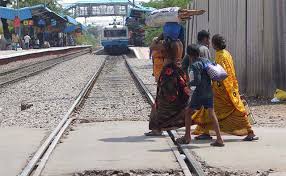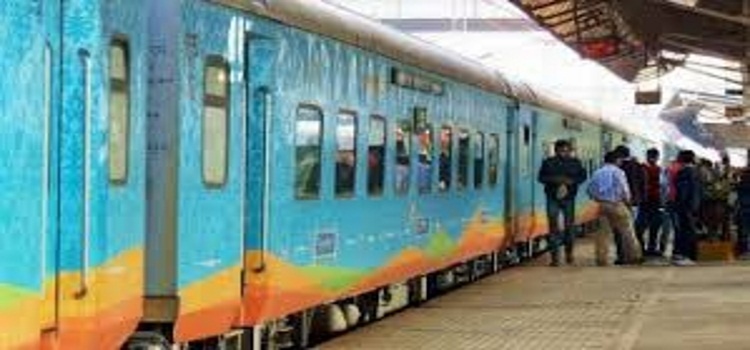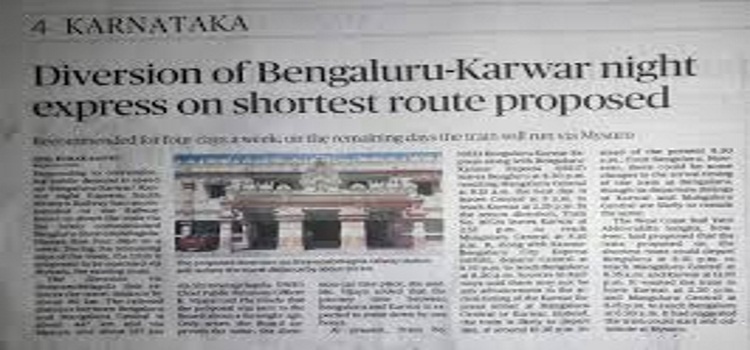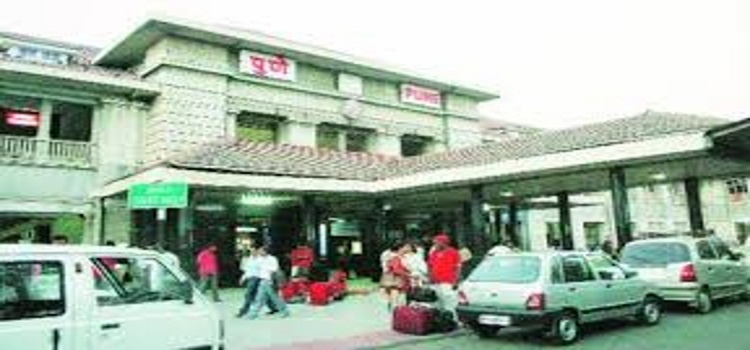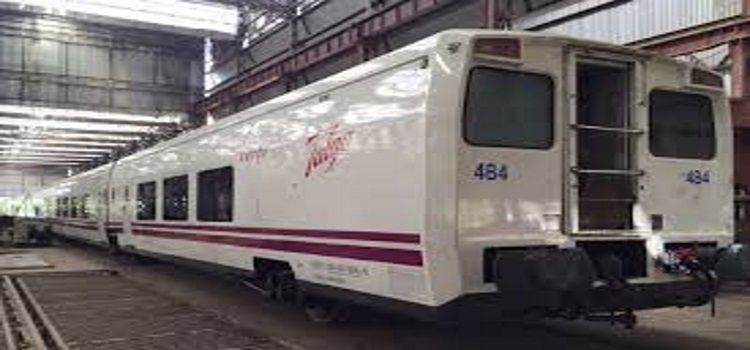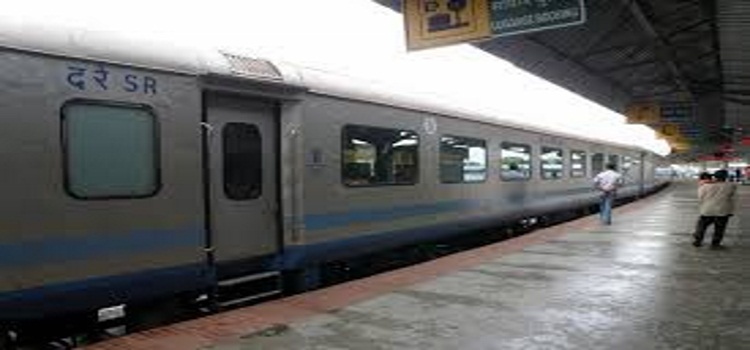
NEW DELHI: Indian Railways plans to increase Linke Hofmann Busch (LHB) coach production sharply this year and has ordered 80,000 biotoilets as part of its safety and cleanliness drive.
“A decision has been taken to sharply increase LHB coach production,” AK Goel, DG-Stores, said on the sidelines of an international conference on technological advancements in rail and metro projects here.
Switch-over to LHB
Shailendra Singh, Chief Rolling Stock Engineer, Northern Railway, said a decision had been taken to produce 5,000 LHB coaches this year. At present, there are around 51,000 Integrated Coach Factory (ICF) coaches and 5,500 LHB coaches made in the Kapurthala factory.
“It has been decided to completely switch over to manufacture LHB coaches from April 1, 2018 onward,” he added.
Railways had already take a decision shift to LHB coaches, but increasing production requires a sharp ramp up from the present annual coach production target of 2,435. The vendor capacity also needs to be increased accordingly.
Addressing the conference, Piyush Goyal, Minister of Railways and Coal, said: “We must work to see whether we can design better coaches, better locomotives, better signalling system and other related activity. We must explore cooperation with Military Engineering Service. Indian Railways need to work with commitment to make the railways safe, secure and to offer better amenities, riding comfort, punctuality and efficiency.”
‘Adopt latest tech’
Earlier in the day, Vice-President Venkaiah Naidu said Railways needed to plan for a massive expansion very meticulously with forward-looking, efficient technologies and innovative practices currently available across the globe and adopt them.
“Indian Railways will have to plan for this massive expansion meticulously. It will have to look for technologies and innovative practices currently available across the globe,” he said.

